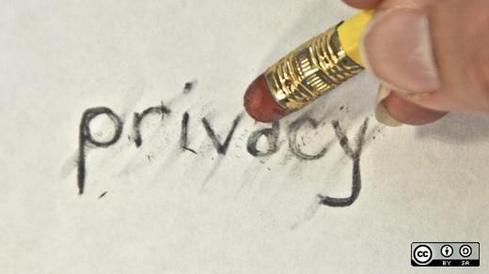A Pew Research Center study finds broad concern about government and corporate data gathering, along with a desire for more government regulation of data gathering.


10 Smart Tech Toys For Kids
10 Smart Tech Toys For Kids (Click image for larger view and slideshow.)
Americans are concerned about their privacy and would like to do more to protect their privacy, but doubt their ability to do so, according to a Pew Research Center study.
The Pew Research Center Internet Project on Wednesday published findings about Americans' attitudes toward privacy following former NSA contractor Edward Snowden's revelations about government access to phone records and online communication.
As other reports have indicated in the past, this one found that Americans worry about privacy but will surrender it for convenience. However, the ongoing series of news reports arising from documents revealed by Snowden have made Americans more aware of and worried about surveillance, whether done on behalf of governments or businesses.
With 43% of respondents saying that they've heard "a lot" about government monitoring of communication as an ostensible defense against terrorism and 44% saying they've heard "a little," almost all Americans surveyed believe they've lost control of their personal information.
According to the Pew Research Center study, "91% of adults in the survey 'agree' or 'strongly agree' that consumers have lost control over how personal information is collected and used by companies." Those aware of the Snowden disclosures have the most doubt about their ability to communicate in private.
Such concern could affect the willingness of Internet users to continue engaging with social networking sites. Some 80% of respondents who use social networking sites expressed concern that third-parties may be accessing the data they share. And 70% said they were "at least somewhat concerned" about the government accessing the information they share through social networking sites.
Then again, such risks were known and discussed for years before Snowden shined a spotlight on the absence of privacy, and Facebook still has about 1.23 billion monthly active users. Responding to a survey and actually taking privacy precautions that may lead to increased inconvenience are two different things.
Ironically, Americans want the government to limit what the private sector can do with their data even as they fret about government access to their data. Pew Research Center says, "64% believe the government should do more to regulate advertisers, compared with 34% who think the government should not get more involved."
And at the same time, 55% of respondents agreed or strongly agreed with the sentiment that it is okay to share some information with businesses in order to use services for free.
In short, people want the government to protect them from themselves and they want something for nothing.
Get the latest information to migrate your systems, services, and applications to the next level at Enterprise Connect. Cisco, Microsoft, Avaya, and Oracle will lead the keynote lineup. Thought leaders from enterprises and vendors will cover the full range of platforms, services, and applications that will simplify your migration to next-gen communications and collaboration systems. Register for Enterprise Connect with code DIWKWEB to save $100 off the early-bird rate. It happens in Orlando, Fla., March 16 to 19.
About the Author(s)
You May Also Like







